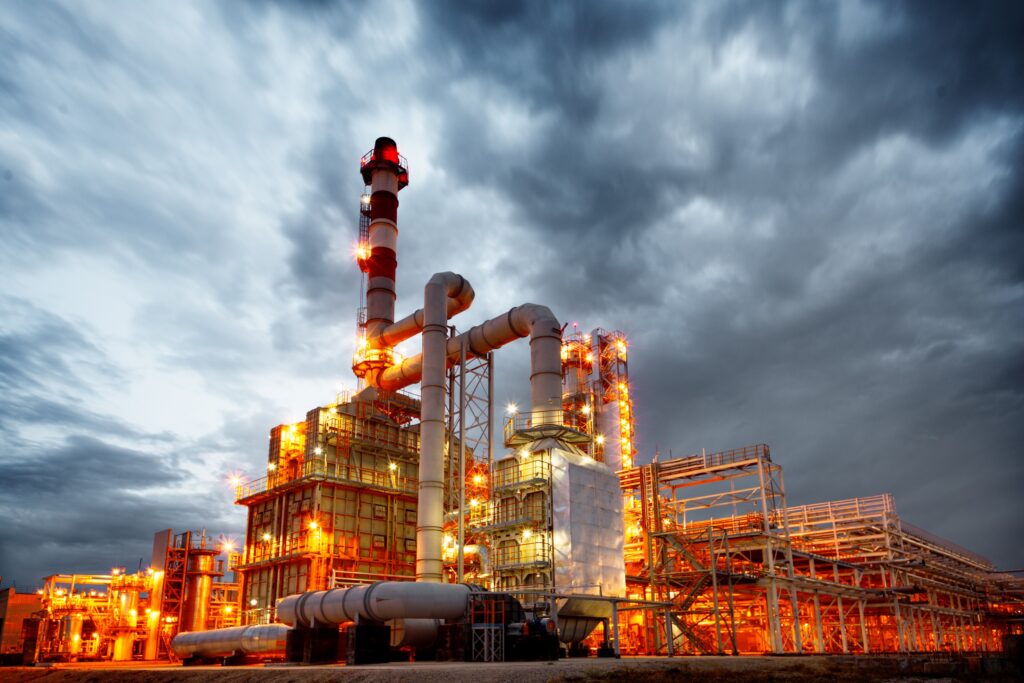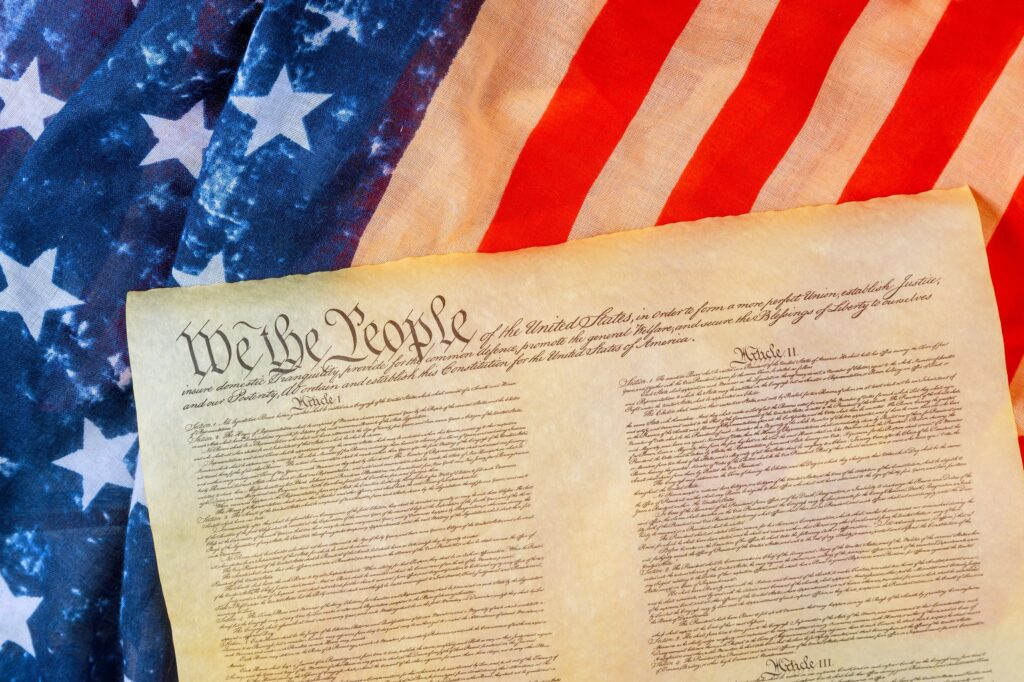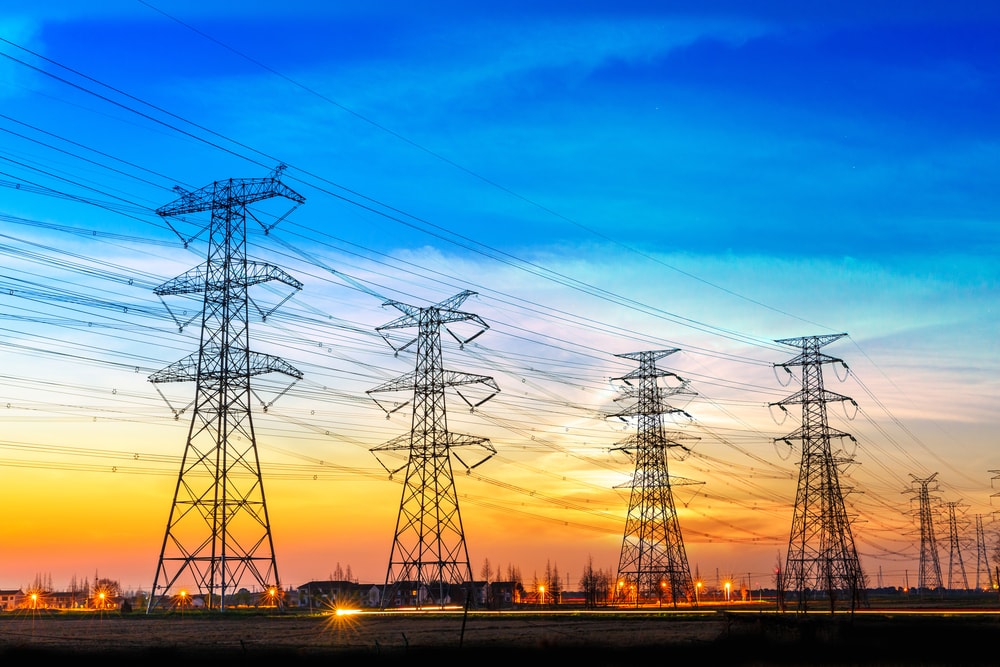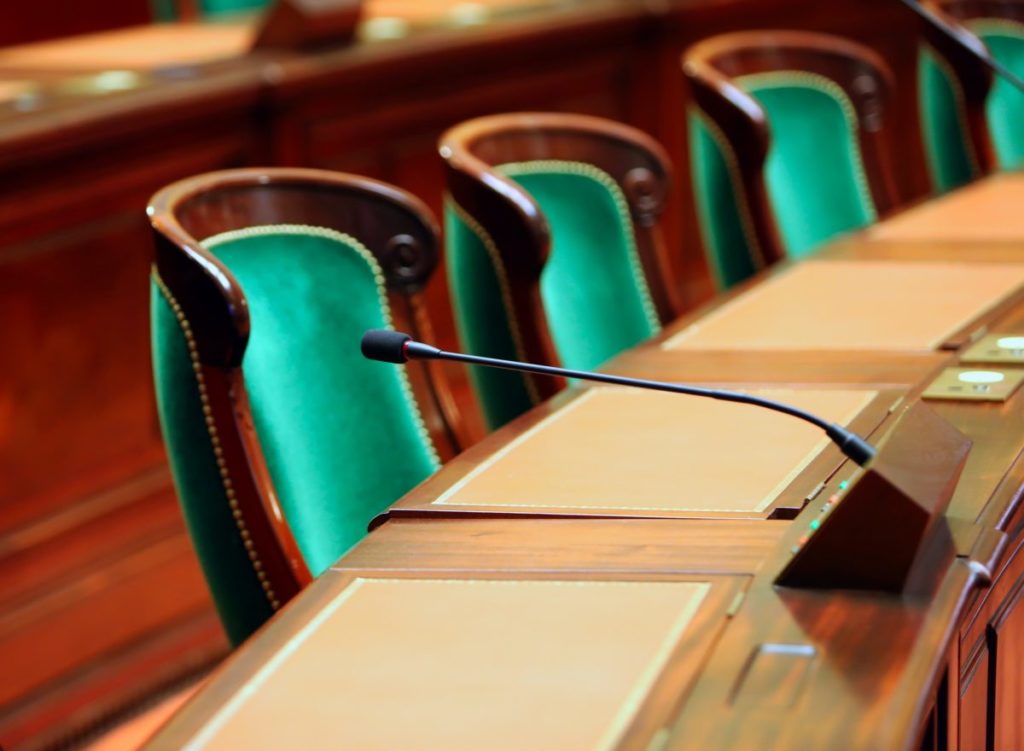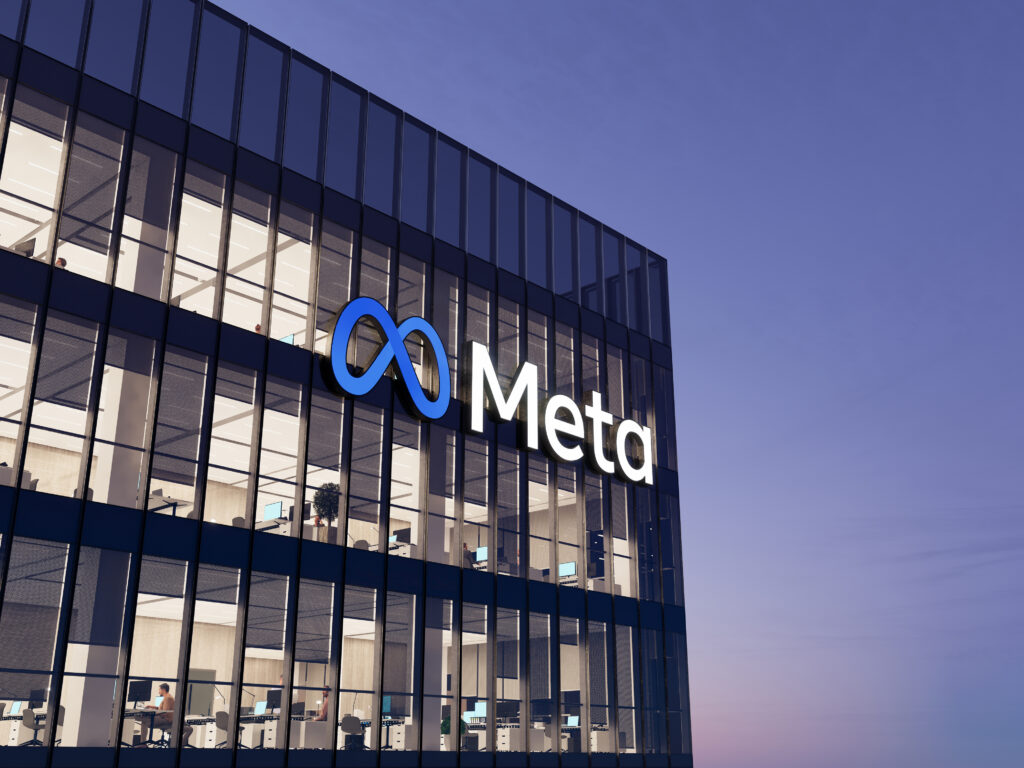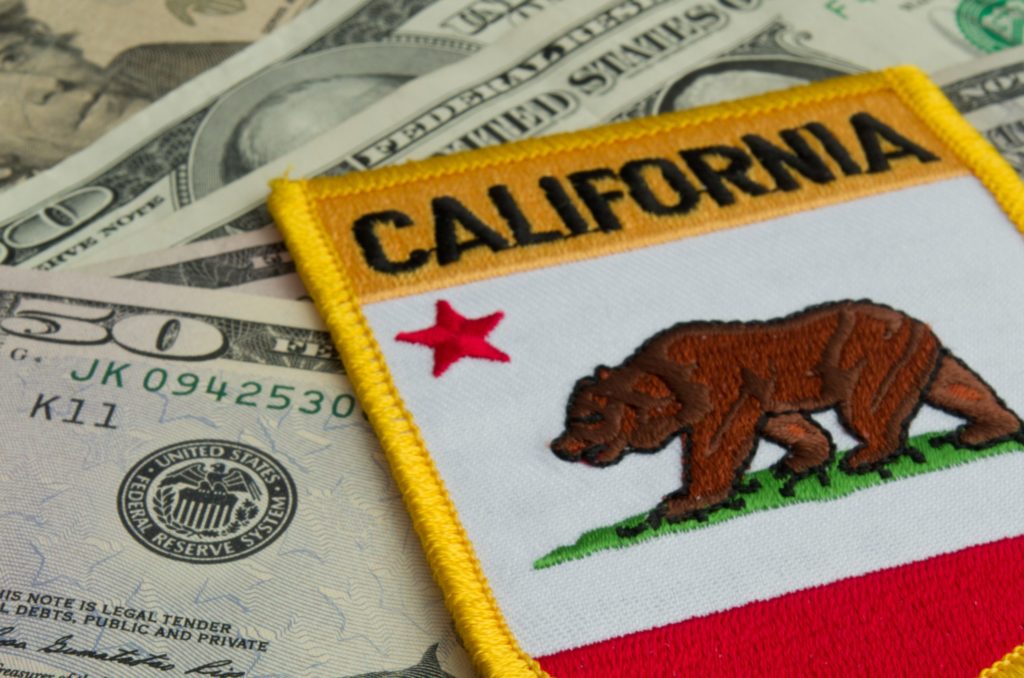Why is California rebuilding in fire country? Because you’re paying for it
Critics warn that those decisions, however well-intentioned, create perverse incentives that favor the short-term interests of homeowners at the edge of the wilderness—leaving them vulnerable to the next fire while pushing the full cost of risky building decisions onto state and federal taxpayers, firefighters, and insurance companies. “The moral hazard being created is absolutely enormous,” says Ian Adams, a policy analyst at the R Street Institute, which advocates using market signals to address climate risk. “If you want to rebuild in an area where there’s a good chance your home is going to burn down again, go for it. But I don’t want to be subsidizing you.”

